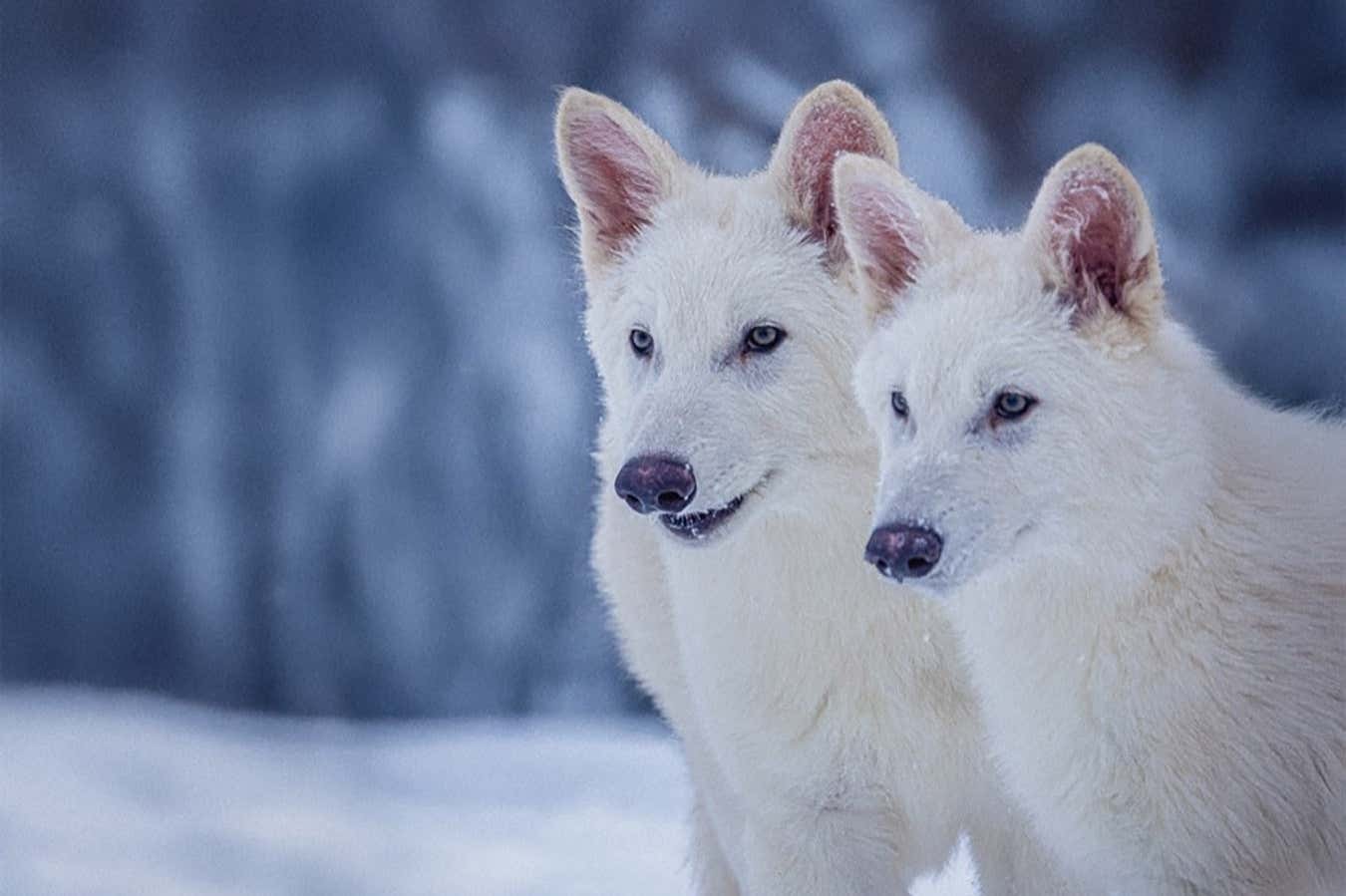
In a groundbreaking achievement, biotechnology company Colossal Biosciences has announced the birth of three wolf pups that carry traits of the extinct dire wolf species, which vanished around 13,000 years ago.
The pups - named Romulus, Remus, and Khaleesi - were created by editing 20 genes of modern gray wolves to match key features of their ancient relatives. The modified genetic material was transferred to egg cells from domestic dogs and carried by surrogate mothers.
Currently housed in a private 2,000-acre facility in the northern United States, the 6-month-old males and 2-month-old female display distinctive characteristics including larger size and dense, pale coats not found in gray wolves. The pups weigh approximately 80 pounds with a length of 4 feet and are expected to grow to nearly 6 feet long.
"We're creating functional copies of something that used to be alive," said Beth Shapiro, Colossal's chief scientific officer. The company achieved this feat by extracting and analyzing DNA from dire wolf fossils dating back 11,500 to 72,000 years.
However, some experts remain skeptical about calling these animals true dire wolves. Dr. Julie Meachen, a wolf researcher, suggests they are "something new - mostly gray wolves that look like dire wolves."
The pups will remain in captivity, as they lack the hunting skills typically learned from parents. However, the technology developed could aid conservation efforts for endangered species like the red wolf, which has fewer than two dozen individuals remaining in the wild.
Colossal Biosciences, valued at $10 billion, continues pushing boundaries in de-extinction science. The company has also announced plans to revive other extinct species, including the woolly mammoth by 2028.
While the achievement marks a milestone in genetic engineering, scientists emphasize the need for careful consideration of ecological impacts when reintroducing extinct species.